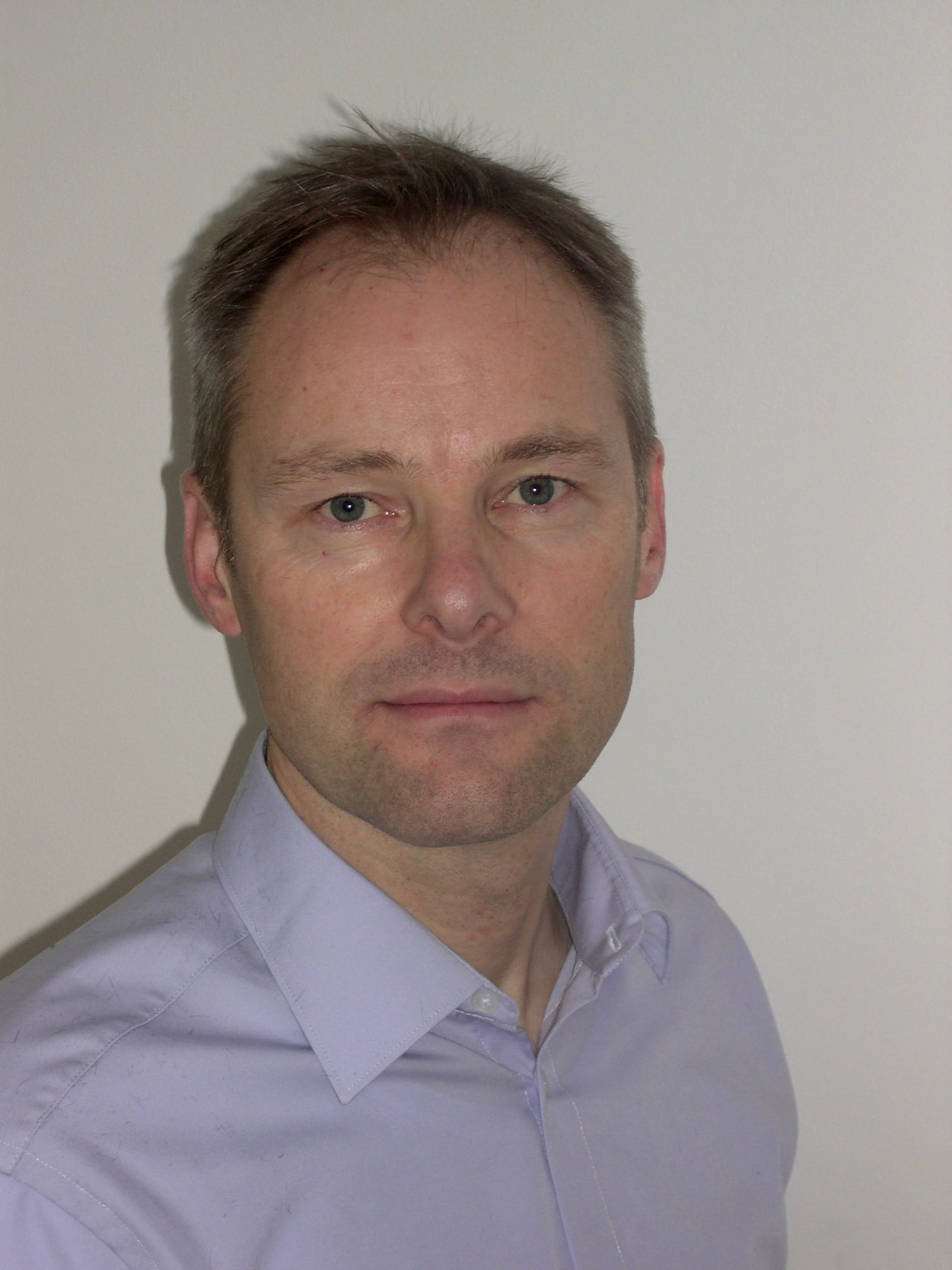Universities are a rich source of innovative ideas and discoveries, but the process of bringing them into the commercial realm is far from self-evident. When scientist-entrepreneurs need help setting up collaborations with industry or launching a spin-off company, university technology transfer offices (TTOs) provide the necessary support. One of the oldest and most successful TTOs worldwide is Leuven R&D (LRD), the tech transfer office of KU Leuven. Paul Van Dun has seen the biotech landscape change drastically during his 15 years at the helm of LRD. We sat down with the man responsible for successfully guiding KU Leuven’s innovations toward the market.
“LRD was founded in ’72 and has been running for nearly 45 years, which has given us the time to make many mistakes (laughs). KU Leuven was well ahead of its time and the university has always invested heavily in tech transfer. Even today we go way beyond the governmental requirements, differentiating us from some of the other universities. As early as ’72, KU Leuven decided that the TTO should be an integral and autonomous part of the university with a fully independent focus. It’s embedded in the culture alongside education and research and together form the foundations of the university.”
Pioneering in life sciences
Life science projects comprise a significant percentage of the files that land on the LRD desk. Drawing upon its many years of experience, the LRD team helps life science spin-offs navigate the maze of investors, IP, regulatory affairs and other non-scientific hurdles.
“Life science entrepreneurship has a long history at our university. Rector Pieter De Somer founded a penicillin factory (Recherche et Industrie Thérapeutique (R.I.T.)) in 1945, and that company started vaccine research and production in the ‘50s. This was the start of the vaccine department of GSK in Rixensart, which today employs more than 7,500 people in the region. At the time, though, combining research with business wasn’t looked upon favorably. Science wasn’t to be ‘contaminated’ in any way. Luckily, that has changed for the better; setting up spin-off companies and collaborations with industry is the only way to bring these innovations to patients. Also, the discovery of tPA (tissue plasminogen activator) by Désiré Collen was a real boost for life sciences in Leuven. Back then, the LRD team was still very small, and there was no real framework to provide the kind of highly professional support we can offer today. It is fair to say that tPA helped us figure out how to support future projects more systematically.”
You can give every project a shot and see which ones reach the market in the end, or you can select a few projects and invest in them more heavily, increasing the probability they make it into an established enterprise.
Désiré Collen’s discovery was eventually patented and commercialized by Genentech, and the subsequent revenues were used to further invest in Belgian life sciences. Collen later founded Thrombogenics, a well-known pioneer in Belgian biotech.
Spinning it off and starting it up
“When it comes to creating spin-off companies, you can distinguish two strategies: You can give every project a shot and see which ones reach the market in the end, or you can select a few projects and invest in them more heavily, increasing the probability they make it into an established enterprise. We consciously choose the second option. Projects that don’t make it are abandoned in the selection process or incubation period. As a result, we can present a nice track record of success stories to potential investors. They know we put forth projects with high chances of success and consequently set the bar high.”
“When I compare the possibilities now with what was available 15 years ago, it’s an immeasurable difference.
Having the right partners is a crucial part of starting and running a spin-off company. Today, the biotech community is filled to the brim with interesting potential liaisons; however, this wasn’t always the case. During his time as general manager of LRD, Van Dun has witnessed a true transformation of the biotech environment.
“When I compare the possibilities now with what was available 15 years ago, it’s an immeasurable difference. It used to be very hard to find good management for a startup, and it’s still a challenging task, but over time a lot of interesting and experienced individuals have established themselves, from serial entrepreneurs to venture capitalists to family offices. Also, institutes such as the Gemma Frisius Fund (GFF, a venture capital fund associated with KU Leuven) and CD3 (The Centre for Drug Design and Discovery, created by LRD and the European Investment Fund) provide invaluable support for the development of biotech startups. This makes not only Leuven, but Flanders and Belgium as a whole, a unique environment for biotech industry, full of opportunity.”


